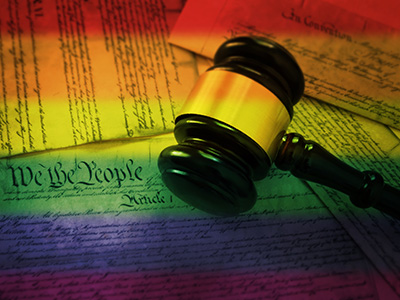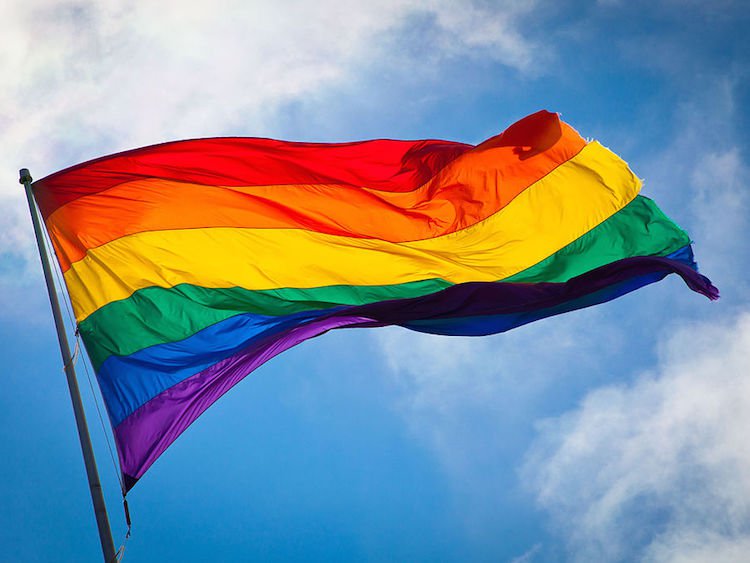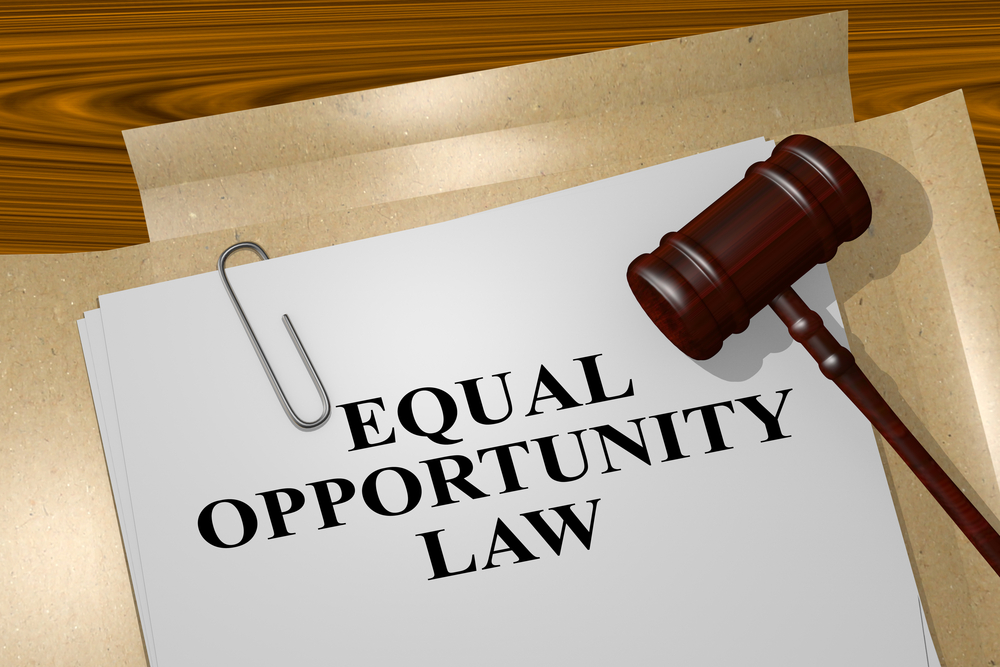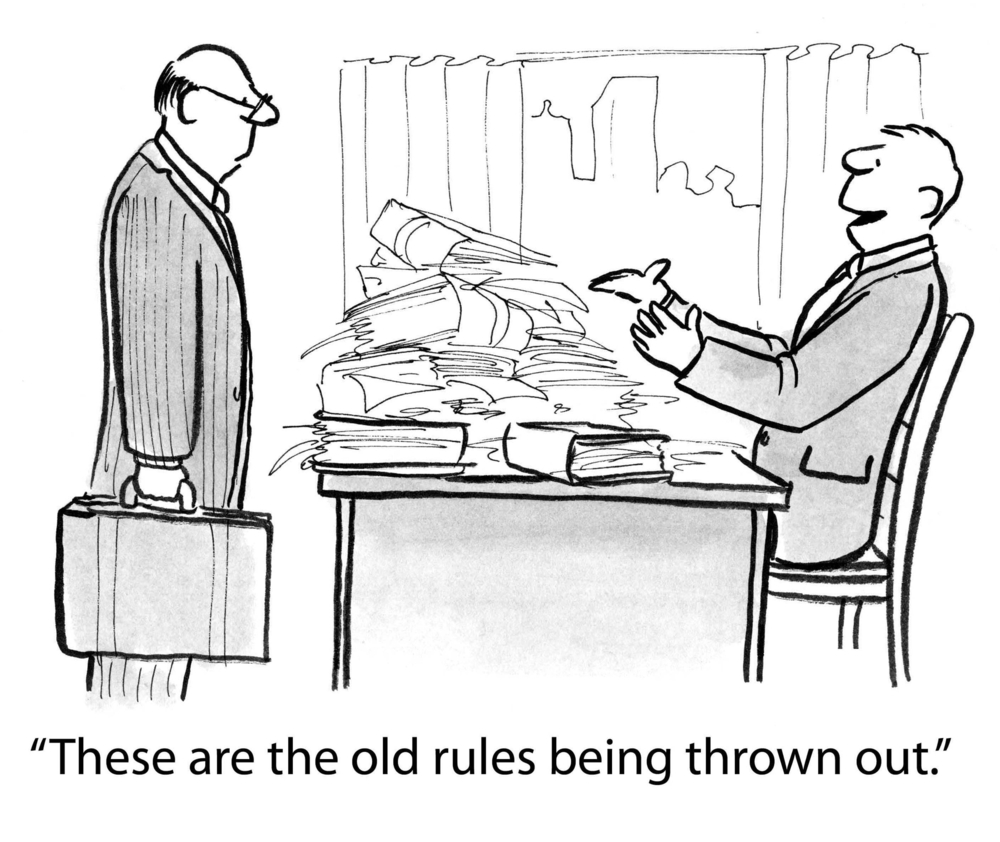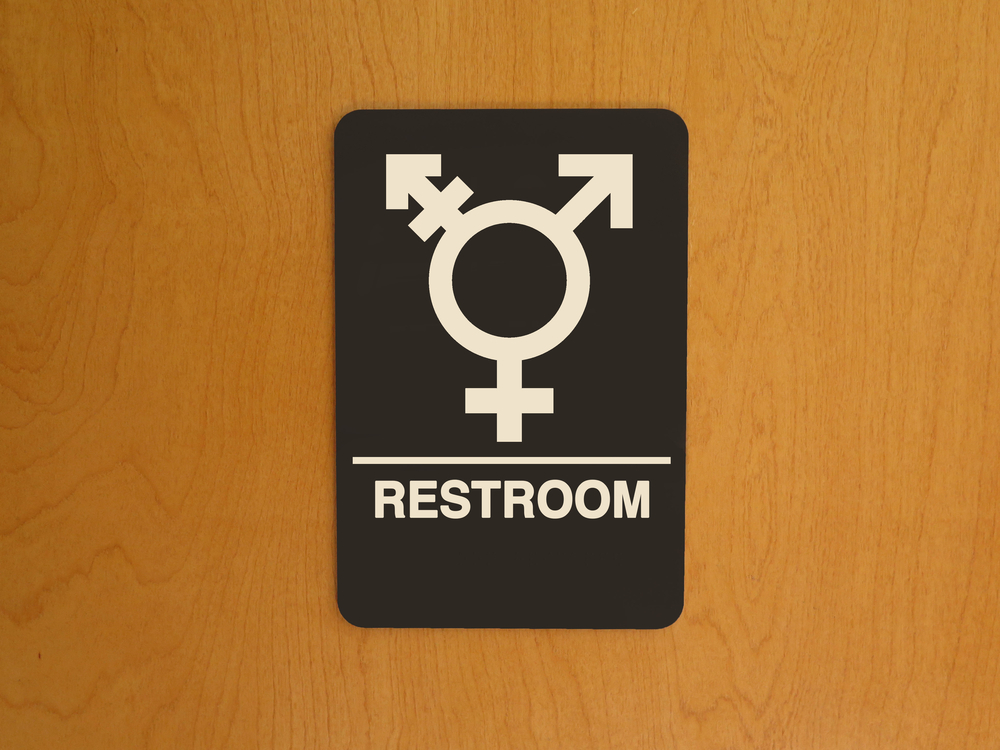On March 7, 2018, the Sixth Circuit issued a ruling of first impression, holding that the Religious Freedom Restoration Act (“RFRA”) did not exempt an employer from liability for violating Title VII of the 1964 Civil Rights Act (“Title VII”) when it fired an employee transitioning from male to female. READ MORE
Sixth Circuit Rules that Employer Cannot Rely on the Religious Freedom Restoration Act to Defend Discrimination Claims by Transgender Employee
